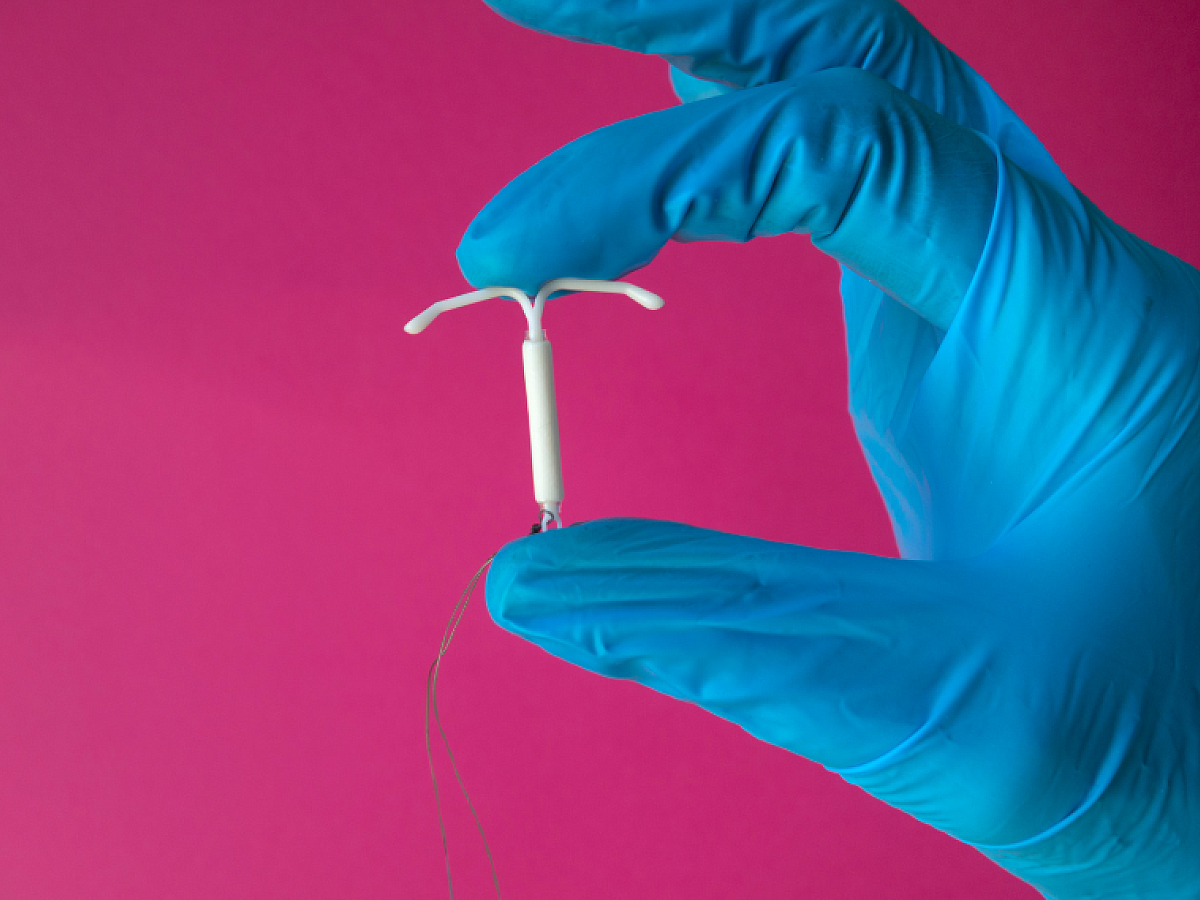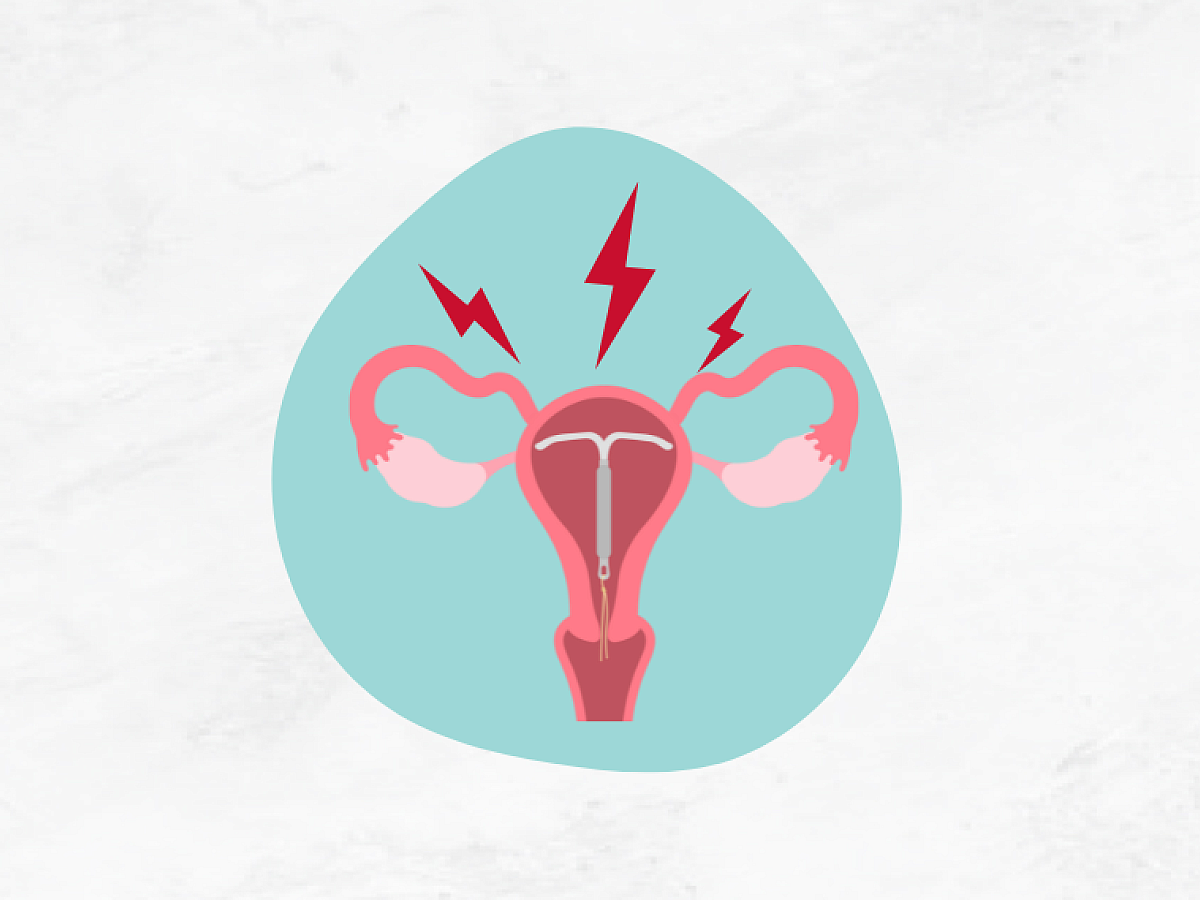Our multidisciplinary ASCENT Center is involved in a variety of research studies spanning a wide range of topics.
Highlights

From March 2016 to March 2017, the HER Salt Lake Contraceptive Initiative provided no-cost contraceptive care at four Planned Parenthood Association of Utah health centers in partnership with the University of Utah Family Planning Division in Salt Lake County. 7,402 individuals received no-cost contraceptive care, and 4,425 of those individuals enrolled in a longitudinal study assessing socioeconomic outcomes. When costs were removed, clients were twice as likely to choose an IUD or implant, but it is important to note, approximately 48% of clients still chose the pill, ring, or shot. Offering all methods is imperative.

We built Family Planning Elevated on the foundation of our successes with HER Salt Lake. From 2019 - 2022, Family Planning Elevated’s Contraceptive Access Program partnered with Community Health Centers, hospitals, and pharmacies, built capacity, trained providers and staff, and met clients where they were by offering comprehensive contraceptive care without out-of-pocket costs to those in need. 42,739 family planning services have been provided by FPE CAP clinics during the FPE intervention, and 19,313 individuals received no-cost or low-cost contraceptive care across the state of Utah.

The study, in the New England Journal of Medicine, tested the copper IUD against intrauterine levonorgestrel in a randomized trial. Researchers recruited 638 women seeking emergency contraception at three Utah family planning clinics, randomly assigning them to one device or the other. After one month, there were no pregnancies among women who used the copper IUD, and one among those who used the hormonal IUD. A new NIH sponsored trial at 8 Planned Parenthood affiliates nationwide is demonstrating reproducibility of these findings.

This ongoing trial is testing a new contraceptive gel for men. Based on preliminary research conducted elsewhere, the scientists believe the hormonal gel decreases a man’s sperm production––reducing his chances of fathering a child––without decreasing his sex drive. Expanding contraceptive options for men could ease the burden on women who have traditionally borne a greater responsibility for birth control.
The researchers are recruiting 12 couples to participate in the two-year study, which is part of a nationwide, Phase 2 clinical trial supported by the National Institutes of Health.
Upcoming Projects:

Intrauterine devices (IUDs) are an important option for helping people to control their fertility, yet pain with insertion is a problem that needs to be solved.
This innovative study assesses pain experiences by employing the Patient Acceptable Symptom State (PASS) response, prioritizing patient-centered care rather than relying solely on the conventional Visual Analog Scale (VAS). It applies multi-modal pain management, common in abortion care, to IUD insertion. The development and assessment of a DST emphasizing patient acceptability of pain experiences addresses the need for education, personalized counseling, and shared decision-making in IUD use.
This study will gather essential preliminary data to support a future large-scale, nationwide trial. This future study will aim to identify high-risk patient profiles for unacceptable pain experiences, further personalize interventions, and test the applicability of this study's intervention outcomes across diverse populations.
This research will positively impact millions of IUD users globally, especially in today's restrictive reproductive climate.

Since the Dobbs decision, the use of online telemedicine abortion and self-managed abortion (SMA) via pills by mail has surged. These services help reduce travel barriers for those in restricted states, with substantial evidence supporting their safety and efficacy. However, interstate travel for abortion care continues to rise, indicating that access remains a challenge.
We suspect that both lack of knowledge of telemedicine and SMA methods and/or resources, as well as concerns regarding legality may be at play in patient decisions to travel out of state.
The proposed study seeks to understand how people make decisions to travel out of state for abortion care, particularly exploring people’s knowledge of pill by mail options and reasons for traveling instead of using them.
Contact Us
ASCENT Center for Reproductive Health
Sarah Elliott
Associate Director, Family Planning
sarah.elliott@hsc.utah.edu
